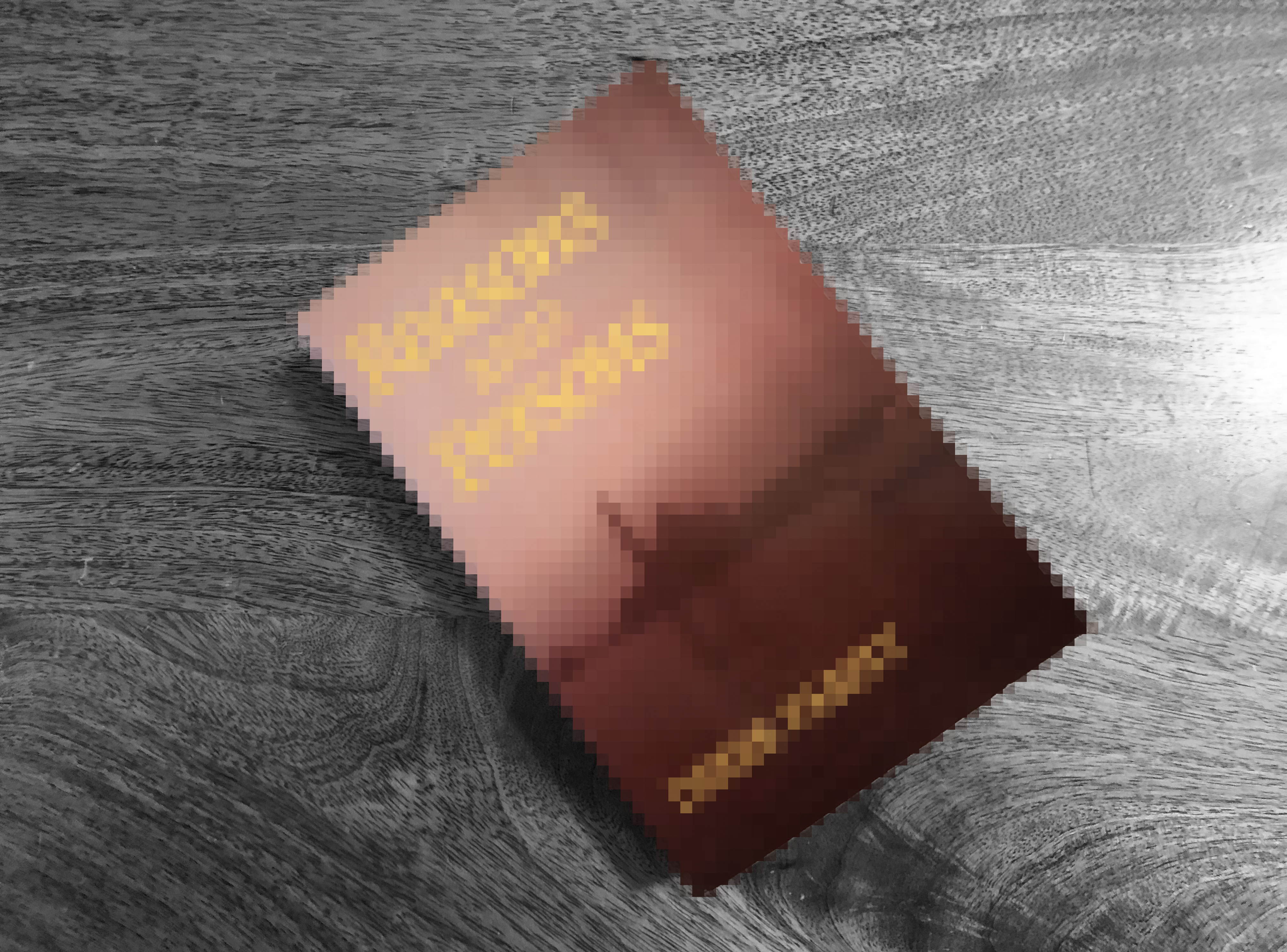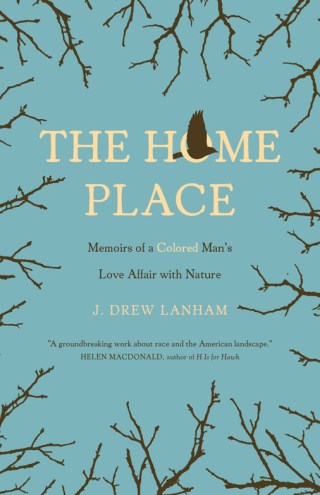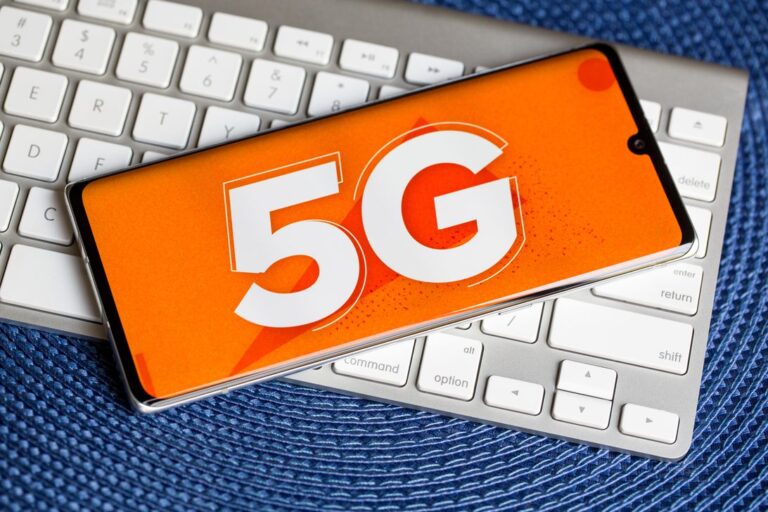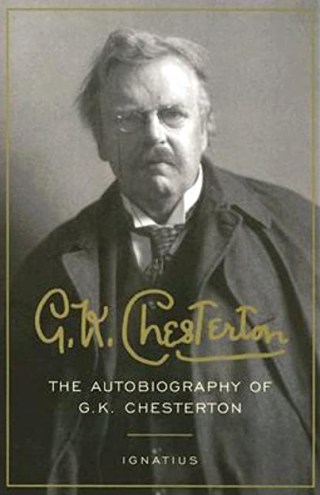He thinks that an idea of bookiness more compatible with ebooks is one “that values holding and carrying a potentially large number of books at once; that prefers direct flow from start to finish over random access; that reads for the meaning and force of the words as text first, if not primarily; and that isn’t concerned with the use of books as stores of reader-added information or as memory palaces.”
They don’t fit with his idea of “bookiness,” which is technologist Glenn Fleishman’s term for the “the essence that makes someone feel like they’re using a book.”

Bogost admits that people disagree over what that bookiness, that “essence”, is. “A particular reader’s receptivity to ebooks… depends on the degree to which these objects conform to, or at least fail to flout, one’s idea of bookiness,” he says.
In a recent article at The Atlantic, Ian Bogost (author, game designer, and professor of computer science & engineering at Washington University in St. Louis) explains why he doesn’t like electronic books, or e-books (or ebooks).
Bogost’s own sense of bookiness is informed by the physicality of the books and their particular physical features, some of which he believes have significance as representations of technological and cultural progress throughout history, and some of which just make books distinctive from other printed documents (for example: “Books have spreads, made of a left (verso) and right (recto) side. You can look at both at once, and an open book has the topology of a valley, creating a space that you can go inside and be surrounded by, literally and figuratively.”)
In the context of philosophical reading and research, what book format do you prefer? Let us know by answering the poll, below, and as usual, you’re welcome to share your thoughts in the comments.

I imagine that other ideas of bookiness may be compatible with ebooks, too. For example, one may see books, at least in certain contexts, as stores of information and ideas, and see the ability to easily transport and access a vast amount of information and ideas that ebooks gives us as fitting with one’s sense of bookiness. And one’s sense of how ebooks fit with one’s sense of bookiness may depend on the technology being used to access them. For example, I don’t personally associate electronic books with preferring “direct flow from start to finish” but rather with searchability. Or perhaps “bookiness” is not relevant, or explanatory.





